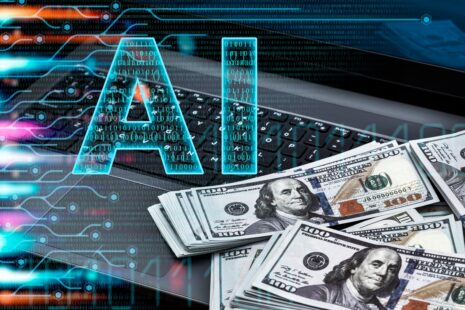The question of when AI might surpass human intelligence, often referred to as reaching the “singularity,” is widely debated among experts. Predictions differ significantly based on definitions of intelligence and the pace of AI advancements.
- Predictions on the Timeline – Futurist Ray Kurzweil predicts the singularity could occur by 2045. He suggests that AI will eventually surpass human cognitive abilities due to exponential growth in computational power and advancements in machine learning. Other experts estimate a 50% chance of achieving human-level AI within the next 40–50 years, with a 10% chance it could happen in less than a decade.
- AI’s Current Capabilities – As of now, AI already outperforms humans in specific domains like strategic games, data analysis, and complex simulations. Regardless, general intelligence—the ability to reason, learn across diverse tasks, and understand abstract concepts like humans—is still far from being realized.
- Challenges and Uncertainties – AI currently lacks critical aspects of human cognition, such as one-shot learning (learning from very few examples), emotional intelligence, and the ability to autonomously set goals or self-improve without human input. These gaps suggest that surpassing human intelligence may take decades or longer, depending on breakthroughs in understanding the brain and learning mechanisms.
The timeline to surpass human intelligence depends on advancements in neuroscience, machine learning, and ethical governance to guide AI development responsibly. While experts are optimistic about AI’s transformative potential, many emphasize the need to mitigate risks associated with such powerful technology.




